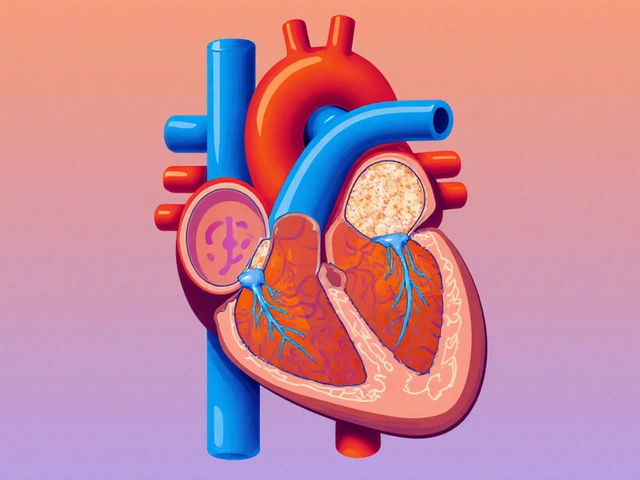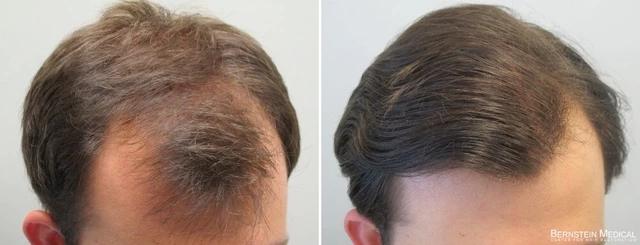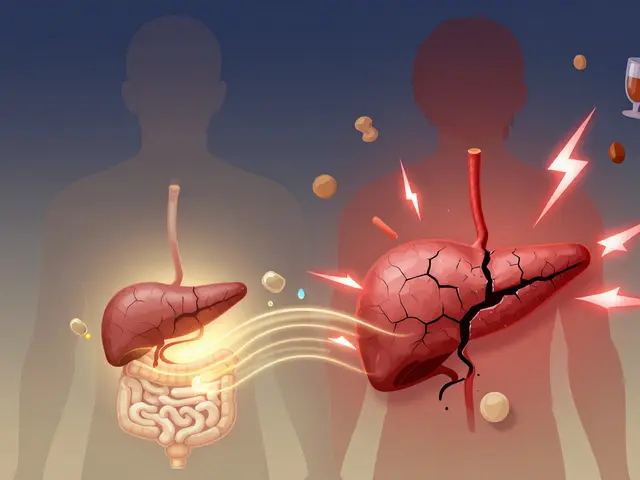Heart Valve Diseases: Understanding Stenosis, Regurgitation, and Modern Surgical Treatments
November 16 2025Fatigue: Causes, Meds & Practical Tips
Fatigue is more than being tired. It can be a sign of sleep debt, stress, low thyroid, anemia, medication side effects, or mood issues. If fatigue drags on for weeks and limits your life, start with a few straightforward checks: sleep schedule, caffeine and alcohol, physical activity, and whether any prescription meds changed recently.
Many common drugs cause tiredness. Antidepressants (including paroxetine or sertraline) can make some people sleepy while others feel restless. Beta blockers like propranolol or Inderal may lower energy. Steroids, antihistamines, and some blood pressure meds also list fatigue as a side effect. If you started a new drug and feel drained, talk to your prescriber before stopping it.
Thyroid problems often show up as fatigue. Hypothyroidism can make you slow, cold, and low on energy. If you have weight gain, dry skin, or constipation along with tiredness, ask for a TSH test. Some people switch between levothyroxine (Synthroid) and desiccated thyroid; both require close follow up and dose checks because under‑ or overtreatment affects energy.
Mental health and sleep matter. Depression, anxiety, and chronic stress drain your battery. Poor sleep quality — waking many times, snoring, or daytime sleepiness — can point to sleep apnea. Simple fixes like a consistent bedtime, reducing screens one hour before sleep, and cutting late caffeine help a lot. If mood or sleep don’t improve, a primary care doctor or therapist can guide next steps.
Quick lab checks can find treatable causes. Ask for tests for anemia (CBC), thyroid (TSH, free T4), vitamin D, and basic metabolic panel. If you’re on blood thinners like apixaban or other meds that increase bleeding risk, let your provider know about unusual fatigue or bruising.
Practical daily tips that actually help: split big tasks into short chunks, schedule 20–30 minute walks to boost alertness, set priorities so you conserve energy for what matters, and try short naps (15–30 minutes) when possible. Stay hydrated and eat regular meals with protein and fiber to avoid energy crashes.
Supplements and remedies? Vitamin D and iron help only when tests show deficiency. Avoid buying unregulated products online without checking pharmacy credentials. This site covers safe online pharmacy checks and reviews to help you find trustworthy options.
When to call a doctor: sudden severe tiredness, chest pain, fainting, shortness of breath, unexplained weight loss, or new neurologic symptoms. Also seek help if fatigue prevents you from working or caring for yourself.
Fatigue is common but often fixable. Start simple, track symptoms, get basic tests, and review your medications with a clinician. Small changes in sleep, diet, and medication management can make a big difference.
If you take antidepressants, blood pressure meds, or thyroid drugs, keep a symptom diary for two weeks and note energy levels, sleep hours, and any new side effects. Bring the diary to appointments. If you consider buying meds online, read reviews, verify pharmacy accreditation, and never skip the prescription requirement. Small steps and honest notes give your clinician the clues needed to help you feel better today.
 27 Apr
27 Apr
Azathioprine and Fatigue: Causes and Tips for Managing Tiredness
Azathioprine is a medication that can sometimes cause fatigue as a side effect. This tiredness can be frustrating and affect our daily lives, but there are ways to manage it. One tip is to prioritize sleep and establish a consistent sleep schedule. Additionally, incorporating exercise and a balanced diet can help boost energy levels. Lastly, consider discussing your fatigue with your doctor, as they may be able to adjust your dosage or recommend alternative treatments.
Read More...




